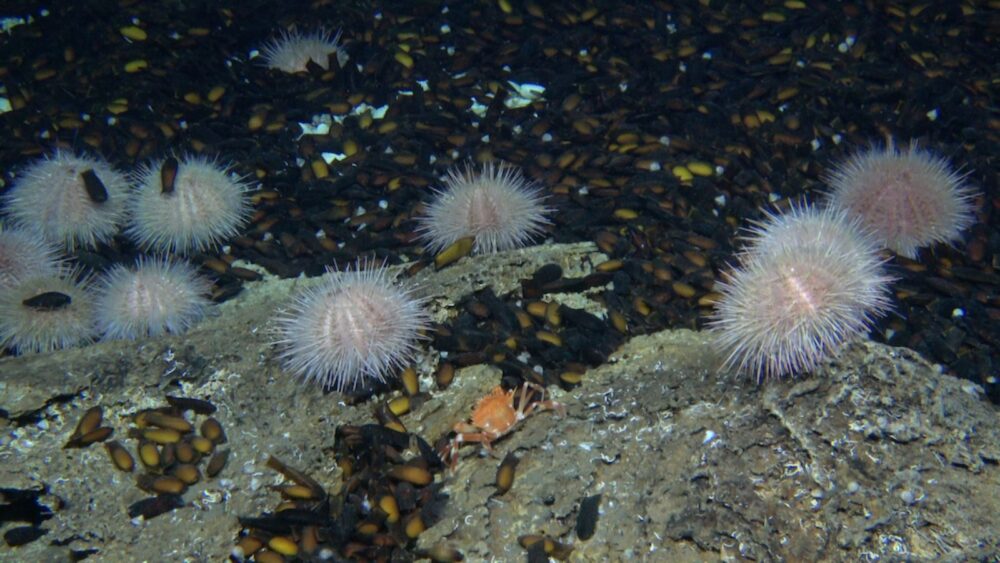Hundreds of deep-water sharks and the largest concentration of deep-sea shark eggs ever found were recently discovered off the coast near Tel Aviv, in what is one of the most significant discoveries of marine habitats in Israel.
The hotspot that was found in the lowest layer of the ocean, just above the seabed, might be the region’s largest mating location for deep-sea sharks.
It was revealed following years of geo-mapping beneath the ocean’s surface and long-term collaboration between the University of Haifa, the Israel Oceanographic and Limnological Research, Ben-Gurion University of the Negev and the Interuniversity Institute for Marine Sciences in Eilat.
ADVERTISEMENT
“From a global marine research perspective, this discovery can have enormous implications,” said University of Haifa’s Yizhaq Makovsky.
“The deep sea is the Earth’s climatic capacitor, mitigating short-term changes,” Makovsky explained. “Once the impact of surface synoptic changes migrates to the deep sea, the entire climate of the Earth changes.”

The Eastern Mediterranean Sea experienced multiple climatic and anthropogenic changes at different times, he added.
“Investigating the geological and environmental records concealed in this hotspot will provide a high-resolution record of the impact of changes on the deep sea, which is essential for understanding local and global climatic changes.”
The Eastern Mediterranean Sea is an early-warning system for what we can expect from marine environments across the world, Makovsky said.
“This was happening under our noses for thousands of years, right next to Tel Aviv, one of the largest cities in Israel. It was hiding in plain sight, which highlights how little we know about the deep. This is a global challenge.”



















